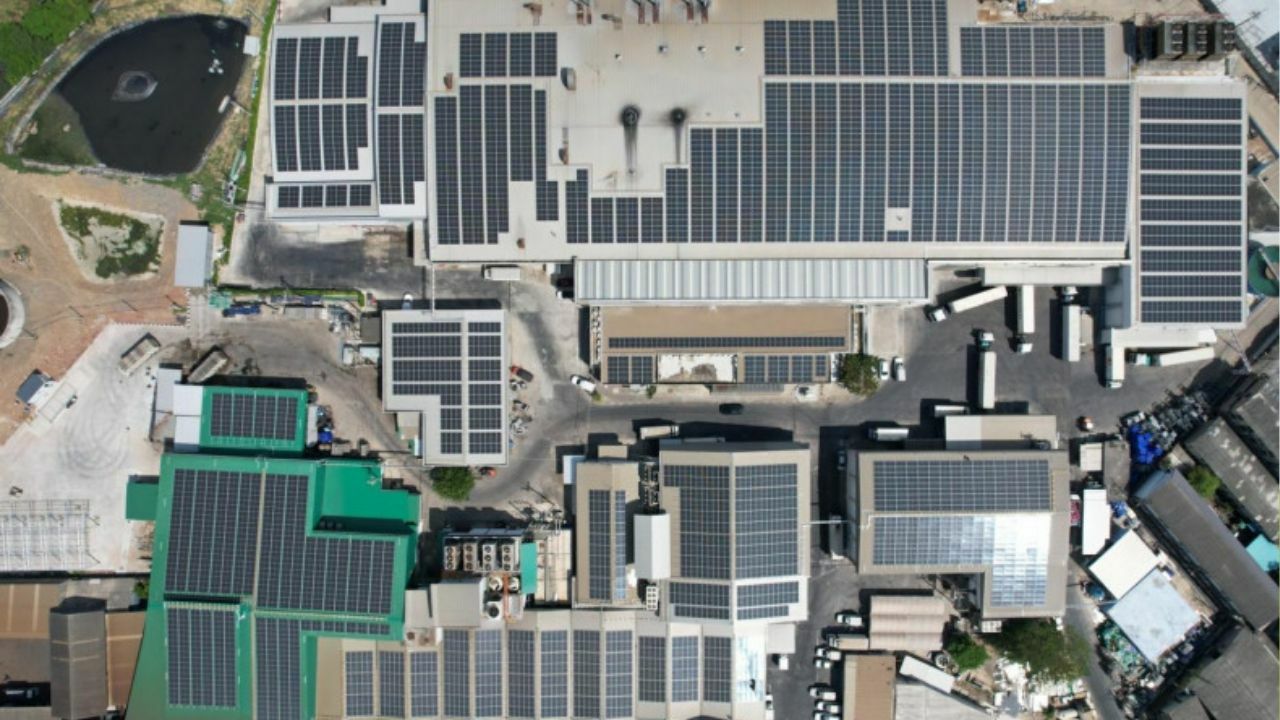Thai firms face US tariffs amid trade war challenges
Policy shift promotes smart factories

The Board of Investment (BoI) has introduced measures to support Thai entrepreneurs in coping with the repercussions of the US tariff policy and the ongoing trade war. These measures range from ceasing the promotion of solar panel manufacturing to encouraging the adoption of new technologies in factories.
The decision regarding photovoltaic (PV) panel production is part of the BoI’s strategy to regulate investment in specific sectors. Narit Therdsteerasukdi, Secretary General of the BoI, stated that the promotion of PV panel production has been discontinued due to its lack of high technology and vulnerability to US trade policies.
The board has provided tax incentives to local manufacturers involved in producing components for solar panel manufacturing, such as aluminium frames, tempered glass, and silicon solar cells. These manufacturers benefit from corporate tax exemptions and are not required to pay duties on imported items used to produce solar modules for export.
In recent developments, the US has imposed tariffs ranging from 375% to 3,521% on solar panels imported from Thailand, Cambodia, Vietnam, and Malaysia. This action follows an investigation initiated a year ago after major solar equipment producers urged the US government to safeguard domestic operations. The tariffs are a response to allegations of Chinese subsidies and the dumping of underpriced products in the US market.
Chinese firms operating in Malaysia, Cambodia, Thailand, and Vietnam are accused of exporting panels at prices below production cost due to unfair state subsidies.
In Thailand, some Chinese manufacturers rebrand solar products for export to the US, while others focus on selling rooftop solar panels within Thailand, according to Treerat Sirichantaropas, chief executive of New Energy Plus Solutions, which markets panels produced by Jinko Solar Holding from Shanghai.
Koraphat Vorachet, assistant managing director and head of research at Krungsri Securities, noted that Thai-produced solar products from Chinese manufacturer Trina Solar face a 375% tariff.
Narit mentioned that the BoI is closely monitoring businesses suspected of rebranding products for export, which could lead to US trade barriers. This scrutiny extends to electronic products, garments, furniture, and bags. The BoI requires businesses to demonstrate that they substantially transform raw materials into finished products.
Additionally, the BoI offers corporate tax waivers to Thai small and medium-sized enterprises to facilitate investment in digital technology and automation systems, thereby enhancing their manufacturing capabilities, reported Bangkok Post.
Latest Thailand News
Follow The Thaiger on Google News:


























